
Uighur
families (Photo: World Bulletin)" width="300" height="203" /> Thailand slammed for separating Uighur families (Photo: World Bulletin)Bangkok, 26 Ramadan 1436/13 July 2015 (MINA) – The Thai government was shrouded in more controversy Saturday with Human Rights Watch claiming that it separated Uighur families when it decided who would go to Turkey and who went to China this month.
Sunai Phasuk, the organization’s representative for Thailand, claimed in Saturday’s edition of the Bangkok Post that female and young family members were sent to Turkey, while the menfolk – and some women – were shipped to China.
“Soon after the Thai government was lauded for sending over 170 Turkic women and children to the country of their choice, the same government made a U-turn on its policy by sending the Turkic men to a country where they did not want to go,” Phasuk was reported as saying. Press Tv reports as quoted by Mi’raj Islamic News Agency (MINA).
Human Rights Watch stressed in a statement Friday that the deported Uighur faced the risk of mistreatment in China.
Also Read: UN Experts Warn Right Violations in Kashmir by Indian Authorities
“Uighur who previously had been forcibly returned to China have faced arbitrary arrest and detention, and criminal prosecutions,” it said.
On Saturday, Thai authorities denied the accusations.
“Our policy was not to separate families and the immigration police were doing the best to implement that policy,” Anusit Kunakorn, secretary-general of the Thai National Security Council, told the Post.
Kunakorn affirmed that 140 women and 32 Uighur children were sent on July 2 to Turkey with the support of the Turkish government.
Also Read: At Least Nine Children and One Woman Killed in Pakistani Airstrike on Afghanistan
Phasuk has previously said that 173 were sent to Turkey, meaning that – if correct – just one man was on the plane.
They “were not involved in illegal activities,” he underlined.
He said that the group sent to China on Thursday included 85 men and 24 women “who were verified as Chinese citizens by Chinese authorities.”
“Some were involved in wrongdoing,” he added.
Also Read: Pakistan Condemns Israeli Settler Attacks in West Bank, Al-Aqsa Storming
According to the Thai immigration police, there are currently 60 Uighur still detained in Thailand – 52 men, four women and four children – who are undergoing a process of “nationality verification.”
Thailand has faced a wave a criticism from Turkey, the European Union and the United States (among others), along with the United Nations High Commissioner for Refugees and human rights groups, for its deportation of the Uighur to China.
Thai media has also been mostly critical.
“If the [deported Uighur] already face criminal charges, of course, the alleged promise by China to treat them well is false,” the Post wrote in a Saturday editorial under the title Migrant saga shame.
Also Read: China Criticizes US-Drafted UN Gaza Resolution as Vague, Abstains from Vote
“On the other hand, if China and Thailand had discussed such charges under normal international practice, a case for extradition could have been made,” it added.
Thailand’s visa and consulate departments in Turkey remain closed since mobs gathered outside July 8.
“The consulate department will be re-opened and continue to serve when the conditions normalize,” the Embassy in Ankara said in a statement Friday.
The Uighur – who constitute around 45 percent of the population of Xinjiang – have accused China of carrying out repressive policies that restrain their religious, commercial and cultural activities. (T/P002/R03)
Also Read: Former Bangladesh PM Sheikh Hasina Sentenced to Death
Mi’raj Islamic News Agency (MINA)
Also Read: Pakistan Declares State of War After Car Bomb Incident





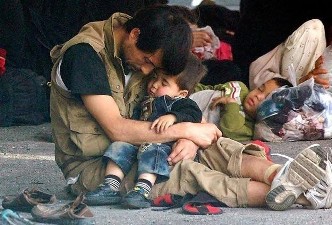










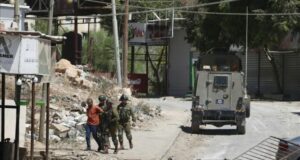
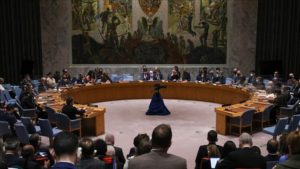

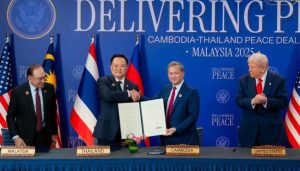
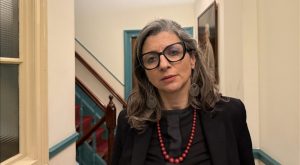















 Mina Indonesia
Mina Indonesia Mina Arabic
Mina Arabic